 |
| Is the decline in China's economic size in the global economy due to internal factors? (Source: Reuters) |
China's rise as an economic superpower is being reversed and is likely to create a new historical turning point for the global economy in the coming decades.
China's share of the global economy has increased tenfold, from less than 2% in 1990 to 18.4% in 2021. This is the first and only time the world has witnessed such rapid and continuous growth.
But the reversal has begun. China’s share of the world economy fell slightly in 2022, and so far this year the decline has accelerated, to 17%. The 1.4 percentage point gap over the past two years marks China’s biggest drop in share since the 1960s.
Assessing the reasons for the decline in China's economic scale in the global economic proportion, some economic experts believe that most of them stem from internal factors of this superpower itself.
First is the labor force. China’s long-term potential growth rate, based on total new workers entering the labor force and output per worker, is currently 2.5 percent.
China’s low birthrate has reduced the world’s working-age population from a peak of 24% to 19%, and is expected to fall to 10% in the next 35 years. With the world’s working population shrinking, lower growth rates for both China’s economy and the global economy are almost certain.
Second is the public debt problem. Over the past decade, China's total debt has reached historic highs for a developing country.
These two issues have slowed productivity growth, measured in output per worker. Fewer workers and weaker output growth per worker will make it difficult for China to begin regaining market share in the global economy.
China has seen a steady depreciation of its currency in 2023. Investors are pulling money out of the country at a record pace, putting further pressure on the yuan. Statistics show that foreign investment into Asia's largest economy fell by $12 billion in the third quarter of 2023.
Not only are foreign investors leaving, Chinese companies themselves are also moving their investments abroad at an unusually fast pace, reducing the flow of new capital into production.
If in the past, Chinese enterprises expanding investment abroad was understood to be beneficial for China, now it seems that it is the factor hindering the rapid recovery of this country's economy.
At a meeting with US President Joe Biden and CEOs of major US businesses on the sidelines of the Asia-Pacific Economic Cooperation (APEC) Economic Leaders' Meeting, Chinese President Xi Jinping mentioned that China still needs foreign business partners.
Source



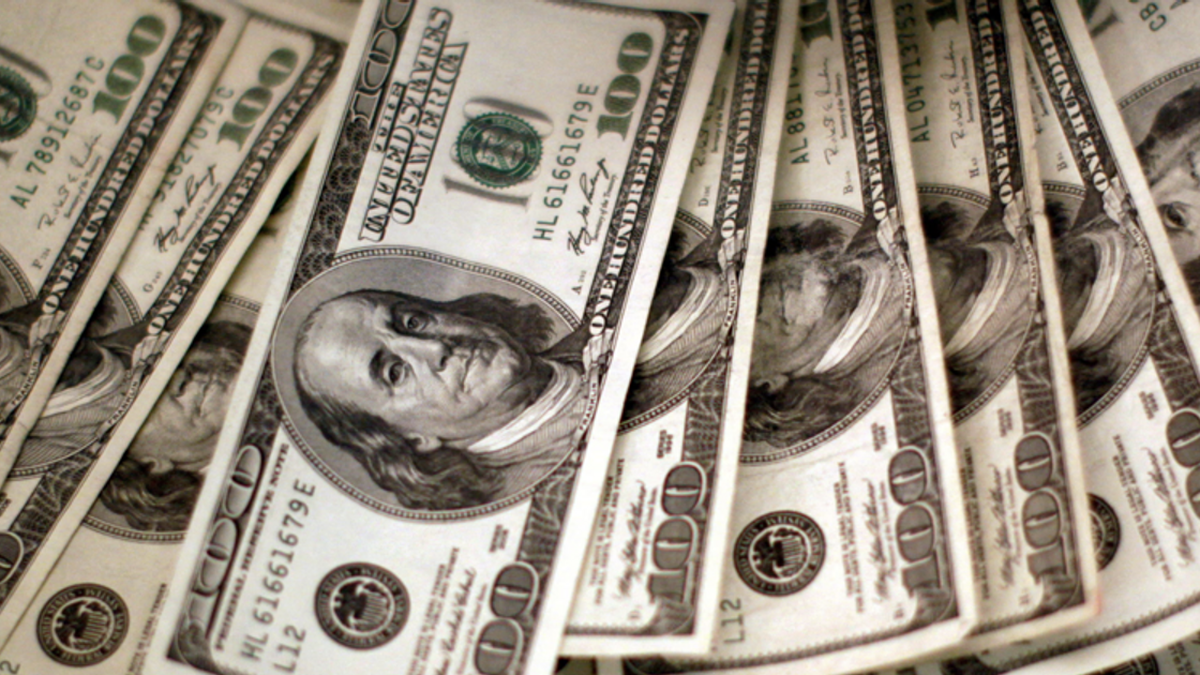



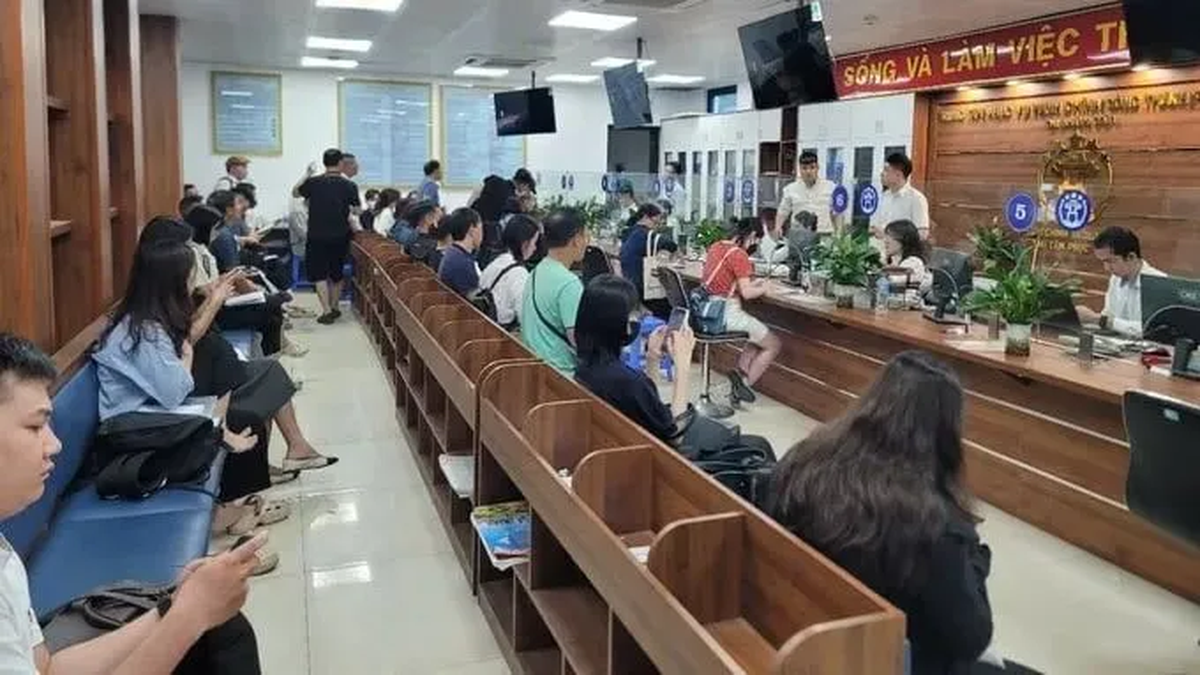



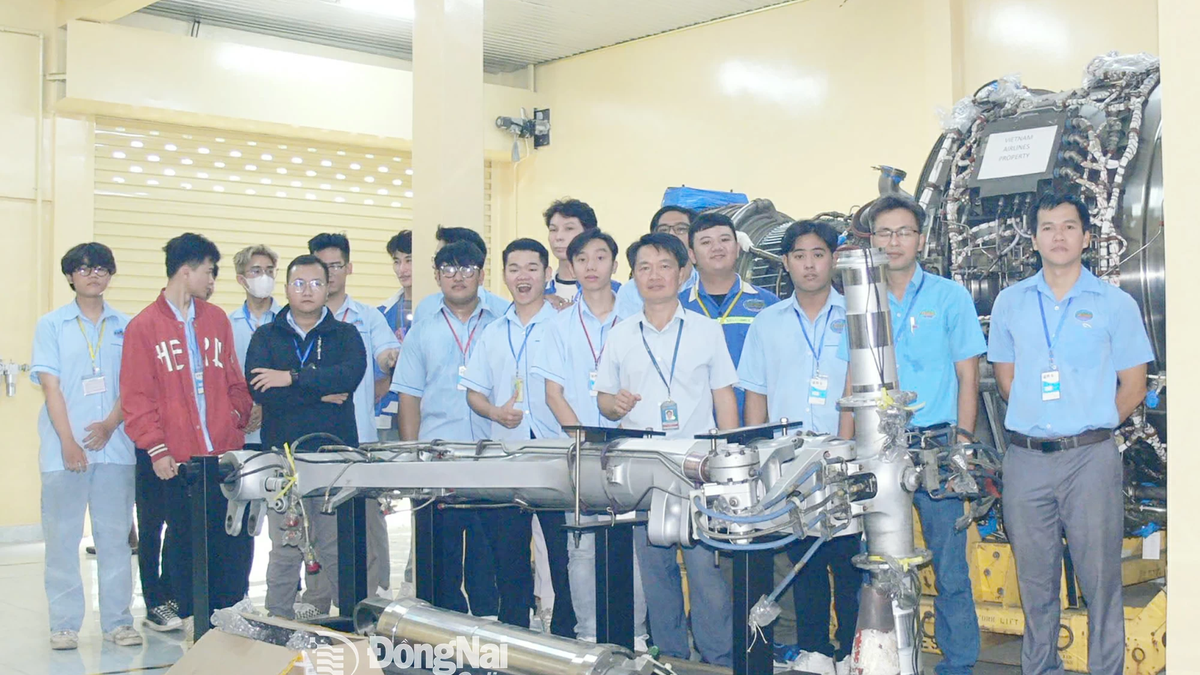










































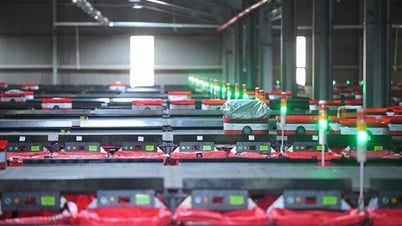









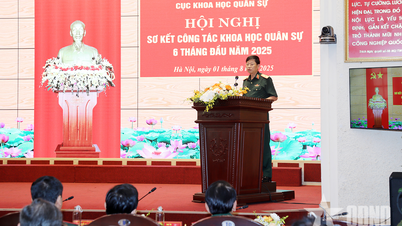













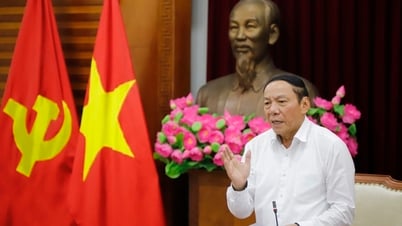
























Comment (0)